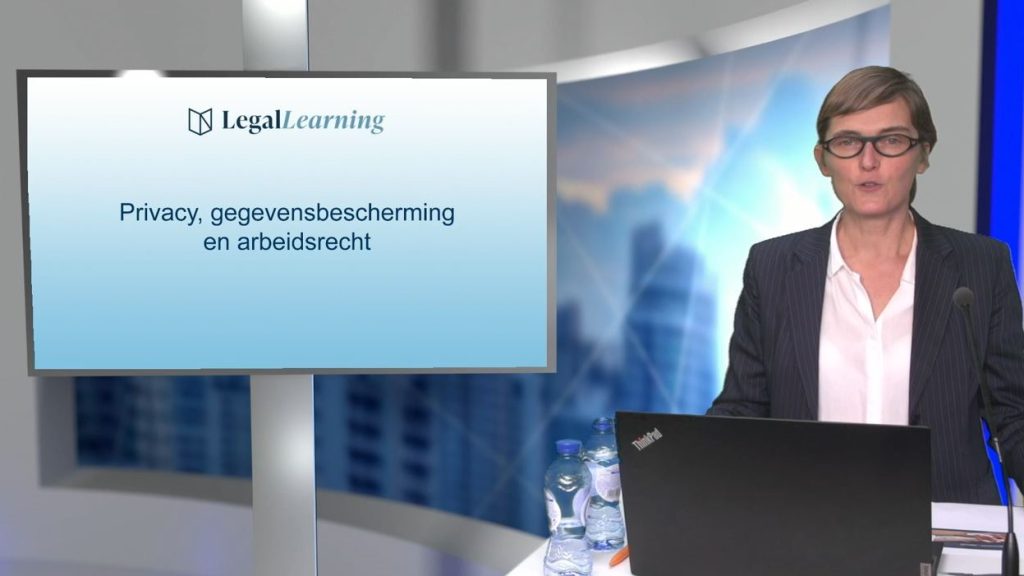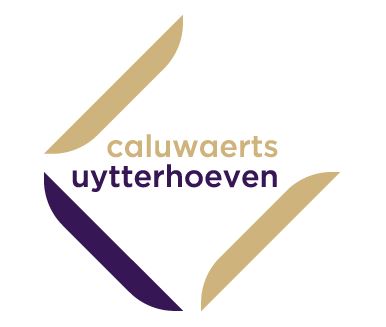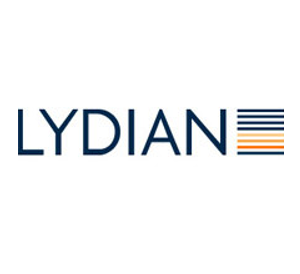Het nieuwe Boek 6:
de impact op de werkvloer
Mr. Chris Persyn (Cautius)
Webinar op donderdag 4 juli 2024
HR-aspecten bij M&A transacties
Mr. Nele Van Kerrebroeck (Linklaters)
Webinar op donderdag 16 mei 2024
Vakantiedagen en het arbeidsrecht
Mr. Kato Aerts en mr. Sarah Witvrouw (Lydian)
Webinar op dinsdag 11 juni 2024
Intellectuele eigendomsrechten in de onderneming:
wie is eigenaar van door werknemers en dienstverleners ontwikkelde creaties?
Dr. Nele Somers (ARTES) en mr. Veerle Scheys (Mploy)
Webinar op dinsdag 23 april 2024
Tewerkstelling van buitenlandse werknemers:
nakende ingrijpende wijzigingen
Mr. Sophie Maes en mr. Simon Albers (Claeys & Engels)
Webinar op donderdag 25 april 2024
Are you ready for the post-Brexit era? (BDO)
Authors: Natalie Bastiaens and Johannes Pannus (BDO)
Publication date: December 2020
Social law
In accordance with the Withdrawal agreement (Council, 2019/C 384 I/01) concluded between the EU and the UK, all European law remains applicable during a transitional period ending on 31 December 2020.
As of 1 January 2021, there will be an impact of the Brexit in the field of social law. A distinction can be made between the consequences regarding labour law, immigration and social security coordination.
Consequences for labour law
The UK leaving the EU will have no consequences for the rules determining the applicable labour law in the case of a cross-border occupation involving Belgium and the United Kingdom. These rules will continue to be determined by the Rome I Regulation and the Belgian law on the posting of workers of 5 March 2002.
However, if British law is applied, attention will need to be paid as British labour law may change as a result of the UK’s exit from the EU. At this moment, it is still unclear if legislation based on European Directives or rulings of the European Court of Justice will be maintained as of 1 January 2021. Among other things, reforms affecting the following aspects of labour law may be implemented in the future:
- Working time
- Temporary staff
- Transfer of businesses / collective redundancy
- Some family-friendly measures, including pregnancy and parental leave
- Minimum wage
- Stipulations regarding equality and the prohibition of discrimination
It is important to know that in many cases UK regulations have a larger scope and offer more protection than the European minimum standards. From 1 January 2021, British lawmakers will, however, be free to deviate from European legislation and the rulings of the European Court of Justice.
Consequences for the free movement of workers
Free movement of workers is one of the four fundamental freedoms in the EU. EU citizens have an automatic and unlimited right to move and work in other EU Member States. From 1 January 2021, EU rules on the free movement of workers will no longer apply in the UK.
In order to determine the immigration rules applicable after the end of the transition period, a distinction must be made between situations existing on 31 December 2020 and those starting from 1 January 2021.
In general terms, the Withdrawal agreement aims at safeguarding the rights of the citizens (i.e. the beneficiaries of the Withdrawal agreement) and their family members who are lawfully residing and/or working in the EU or in the UK before the end of the transition period.
In order to safeguard their acquired right to reside and/or work, some formalities must be fulfilled:
- UK nationals and their family members lawfully residing in Belgium on 31 December 2020 and continuing to do so as of 1 January 2021 will be invited to their local town hall to initiate the procedure of obtaining a new type M residence permit. If so, they will also be able to continue working without a work permit.
- Belgian nationals and their family members who were living in the UK before 1 January 2021 need to apply for the EU Settlement Scheme before 30 June 2021. If the application to the EU Settlement Scheme is successful, they will be able to continue to reside and work in the UK.
On the other hand, for any situation beginning on or after 1 January 2021, the United Kingdom is to be considered a third country. The following rules apply unless other legislation is agreed upon in the future:
- UK nationals have to obtain a work authorisation prior to commencing their activities in Belgium. In most cases, this will be a B work permit (salaried activity for less than 90 days), a single permit (salaried activity for more than 90 days) or a professional card for self-employed persons. Standard eligibility conditions and processing times will therefore need to be taken into account as from 1 January 2021.
- A new points-based immigration system will apply to EU nationals arriving in the UK from 1 January 2021. The point-based system lays down strict conditions for obtaining a work permit (salary threshold, job at appropriate skill level, English language requirement, etc.). Moreover, all employers who wish to employ EU nationals will require a sponsor license.
Consequences for social security coordination
The same scenarios apply with regard to social security coordination (Regulation 883/04).
The provisions on acquired rights in the Withdrawal agreement ensure that the Regulation 883/04 on coordination of social security remains applicable to all cross-border situations which started no later than 31 December 2020 and which will not be interrupted after that date. The rights of citizens who started their activity before 31 December 2020 will thus be preserved. It is therefore strongly recommended to obtain an A1 document in order to be able to prove that a cross-border work situation has started before the end of the transition period.
For new cross-border situations or existing cross-border situations that are interrupted after 31 December 2020, national legislation applies. Indeed, the UK will be considered as a “third country”.
In the event of simultaneous employment in one or more Member States and the UK, there is – at this stage – no common general principle for determining the applicable social security legislation. All aspects of the case will have to be analysed on a case-by-case basis.
If an employee is seconded to Belgium by his or her British employer, the employee will in principle not be subject to the Belgian social security legislation, regardless of the length of the secondment. The Belgian law states that an employee is subject to the Belgian social security only if he or she is working on the Belgian territory for an employer established in Belgium. However, this rule applies only in cases where the employee remains under the employer’s authority of his or her British employer for the entire duration of the secondment. In order to benefit from the aforementioned provision, it will therefore be necessary to ensure and prove that the conditions for being subject to the social security in Belgium are not met. A certificate stating that these conditions are not met can be requested from the NSSO.
An employee seconded from Belgium to the UK will remain subject to social security in Belgium for a maximum period of 6 months, which can be extended by another 6 months. For this maximum period of 6 months (12 months in total), a certificate of secondment (certificate 138ter) can be obtained from the NSSO. After this period, the employee will in principle be subject to social security in the UK.
» Bekijk alle artikels: Arbeid & Sociale zekerheid

















